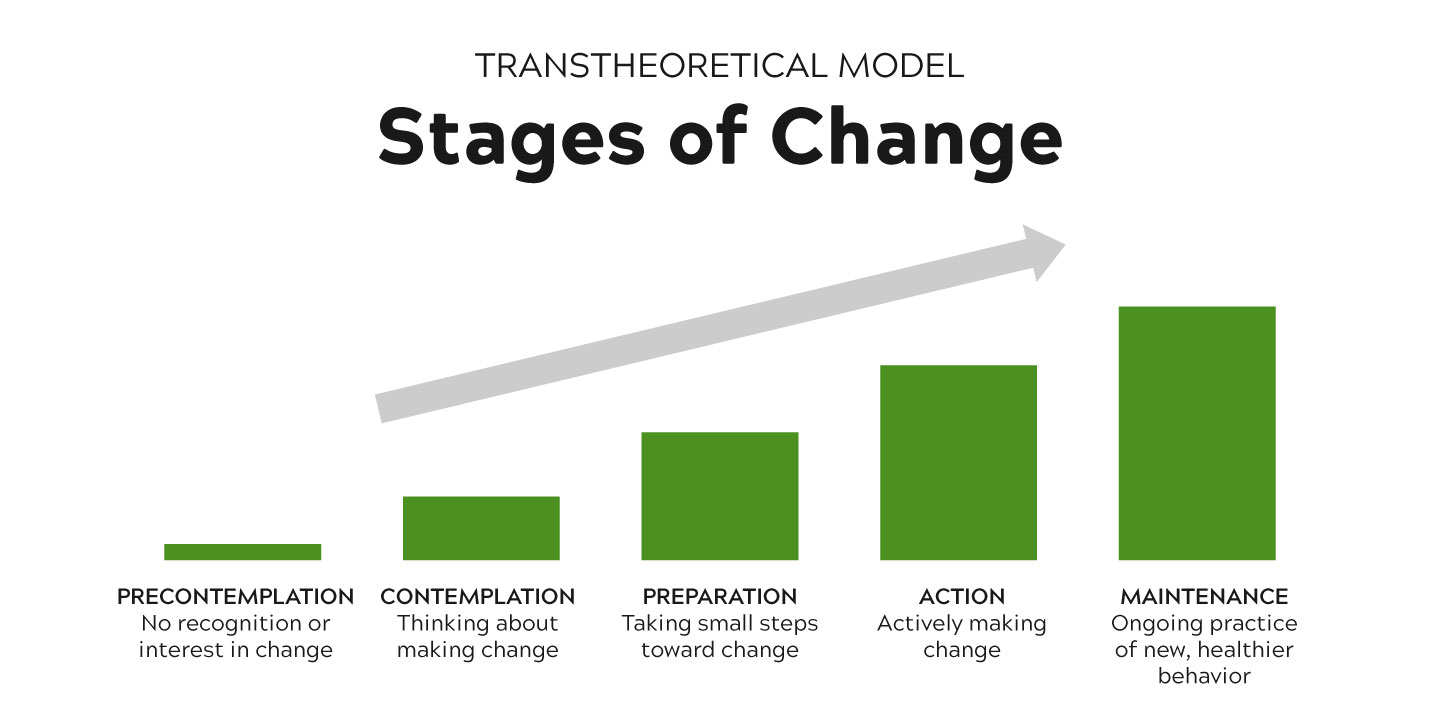In the world of education accountability, schools must be data-driven and outcome based. Measuring math and reading outcomes is pretty easy. But how do you measure the learning and growth from a strong school based mental health and resilience program? That can be harder.
Here’s the thing about motivation, wellbeing and resilience. It can’t just be taught. It needs to be applied and internalized. When students can make use of core concepts right away and begin integrating effective new strategies into their daily lives, it fuels their next step forward to resilience and success in and out of the classroom.
How should we measure success?
From Day One, EmpowerU has been committed to measuring student impact and growth, not because big numbers look good in sales presentations. Rather, building momentum that everyone can recognize and measure — in particular students — is the very essence of what we do. In fact, EmpowerU students are among the first to track the progress they’re making.
Our approach was built around the Transtheoretical Change Model. Two psychology professors, James O. Prochaska, Ph.D. and Carlo DiClemente, Ph.D., started working on this model in the late 1970s and began publishing their research on behavior change in peer-reviewed journals in the 1980s. The University of Rhode Island, where James Prochaska taught, describes the framework as “a model of intentional change … that focuses on the decision making of the individual.”
Small, bite-sized changes are key to the process as a person moves through five stages of change, from Precontemplation to Maintenance.

In an EmpowerU course, students work towards goals in four areas — personal, emotional, social and academic. Significantly, they set the goals themselves, receiving one-on-one support from trained master’s-level EmpowerU coaches.
Can school based mental health programs create real change for a student?
After three years of tracking, our data makes it clear that the average EmpowerU student advances through 1.8 stages of change — nearly twice the typical rate — in at least one goal in each of the four goal areas.
Students see the change firsthand by comparing two self assessments. They take the first before they begin the EmpowerU course and the second is used to follow up when the course is complete. This “wellness post-check” serves to document the growth they’re experiencing.
More than 93 percent of students who complete the EmpowerU online program make a dramatic shift from discouragement and anxiety to improved well-being, motivation and hope.
We often compare our approach to a physical workout. You usually can’t tell while you’re working out just how strong, fast or agile you’re becoming. But after a few weeks, you start to see results. One of our recent students — initially depressed and anxious because she had 25 missing assignments and six tests to make up — finished her senior year by passing all her classes.
Real-time data shows progress
Our online platform features a self-evaluation tool that asks the student ten questions in each of the four areas. During post-assessment, the student instantly sees their own progress graphed in each of the quadrants.
The results are also seen by school counselors, teachers and administrators. One principal noted, “EmpowerU is more than just talking about problems. It gives students tools to engage in the process of self-improvement and equips them to overcome obstacles — now and in their future.”
Behavior change isn’t easy, and there aren’t any shortcuts. But the Transtheoretical Model gives us a clear way to measure growth. And the EmpowerU approach that uses daily small steps and self assessment tools equip students and educators with the evidence-based approach they need to create momentum towards positive change.
For more details contact the EmpowerU team at info@empoweru.education, or by completing the form below.
ABOUT ABBY MASTER
Abby Master is co-founder of EmpowerU with a master’s degree in communication sciences and disorders and clinical training certificate from Social Thinking™, which fuels her work with young people struggling with anxiety and nuanced social challenges. Abby applies her deep knowledge to help each EmpowerU student build the network of supports and fulfilling peer relationships that are vital to their wellbeing. She is a natural leader and team player who inspires and leads our growing team of instructor coaches.
ABOUT EMPOWERU
EmpowerU’s highly personalized, data-driven Tier 1 and Tier 2 solutions equip students with the skills they need to be resilient, self-directed learners and reach their goals. Our blended approach of online lessons with robust embedded coaching helps expand districts capacity to meet the urgent need to support student wellbeing and mental health.Our multi-year data makes it clear: nobody else understands Multi-Tiered System of Supports (MTSS) and approaches school based mental health the way we do at EmpowerU.

